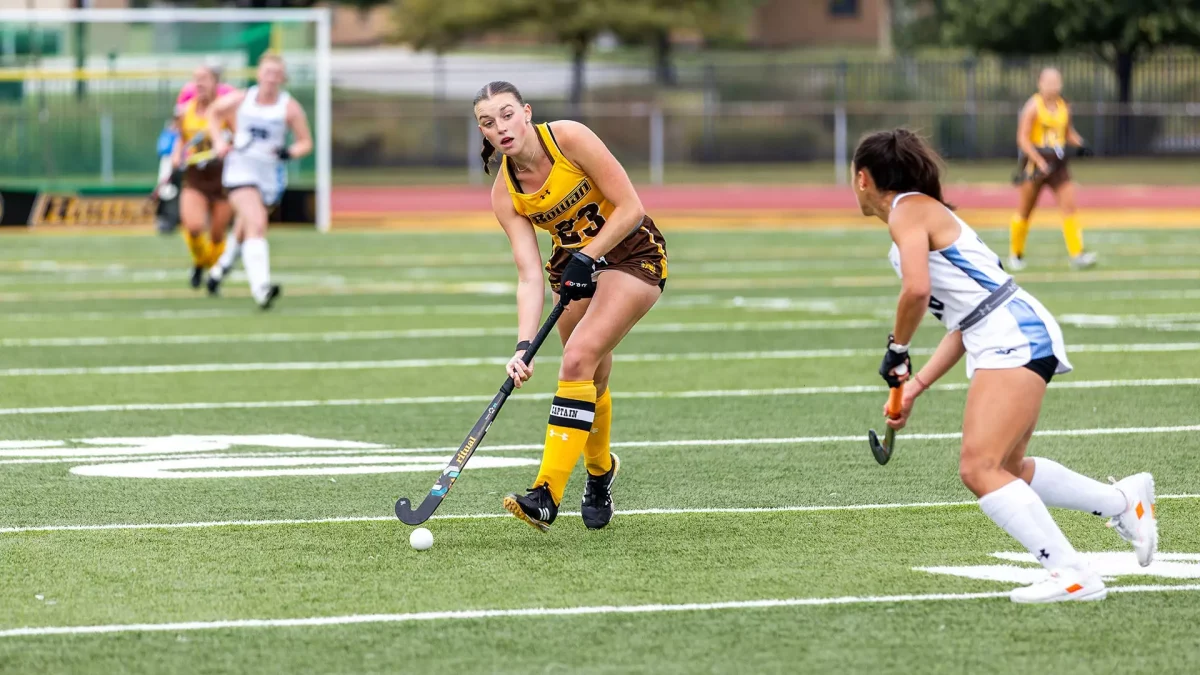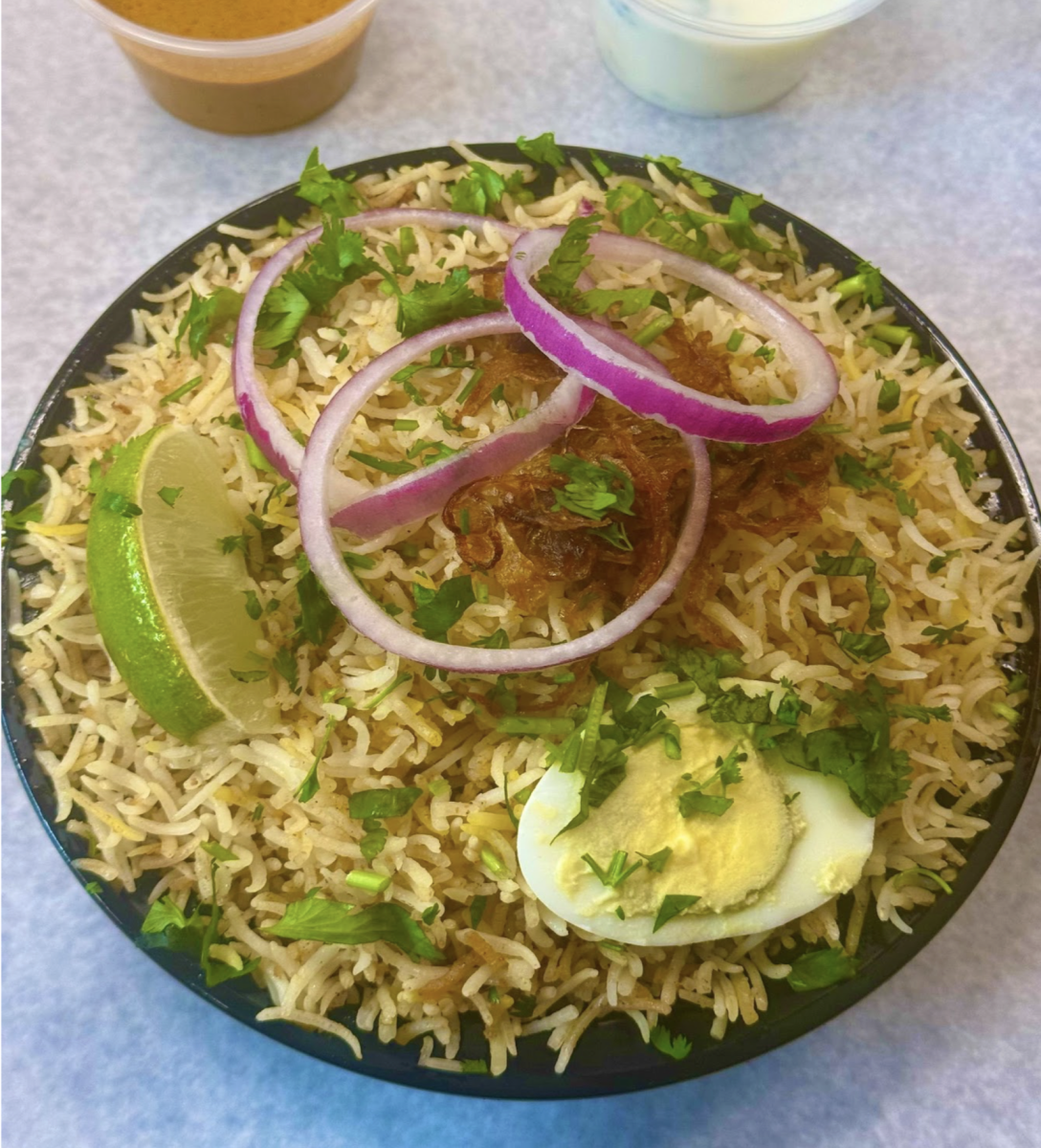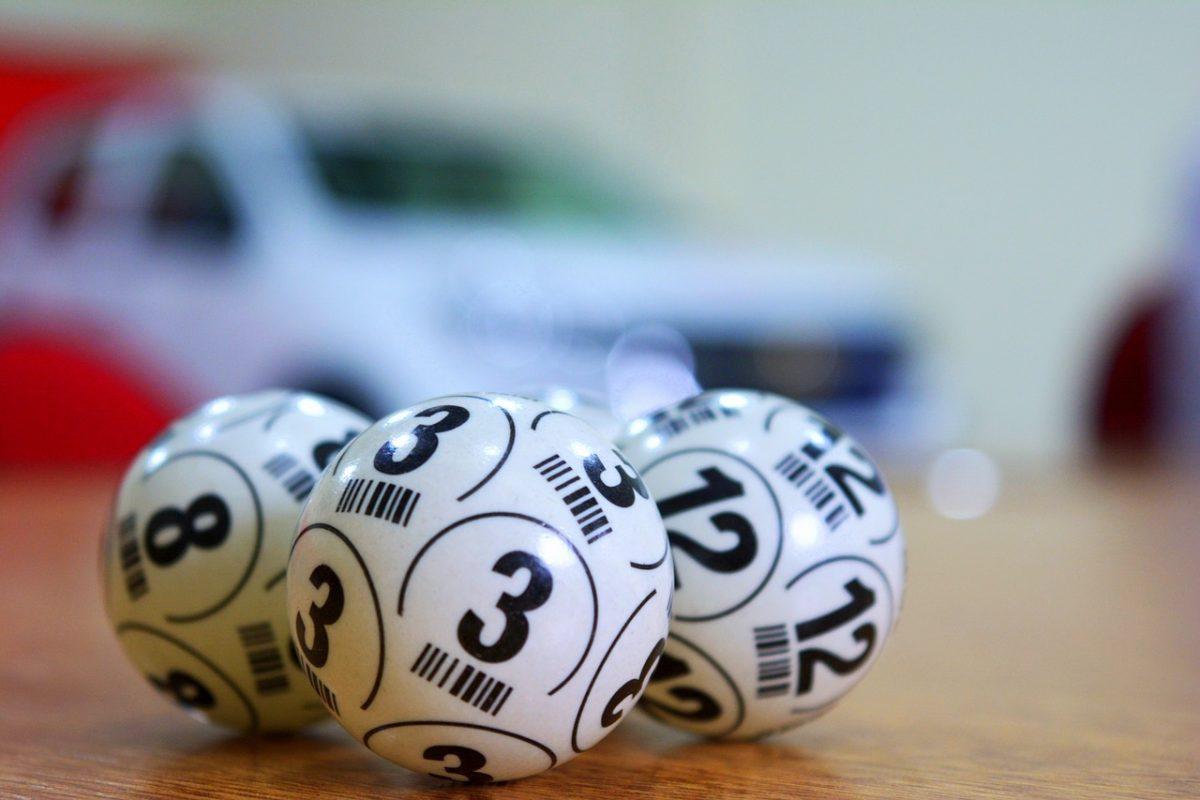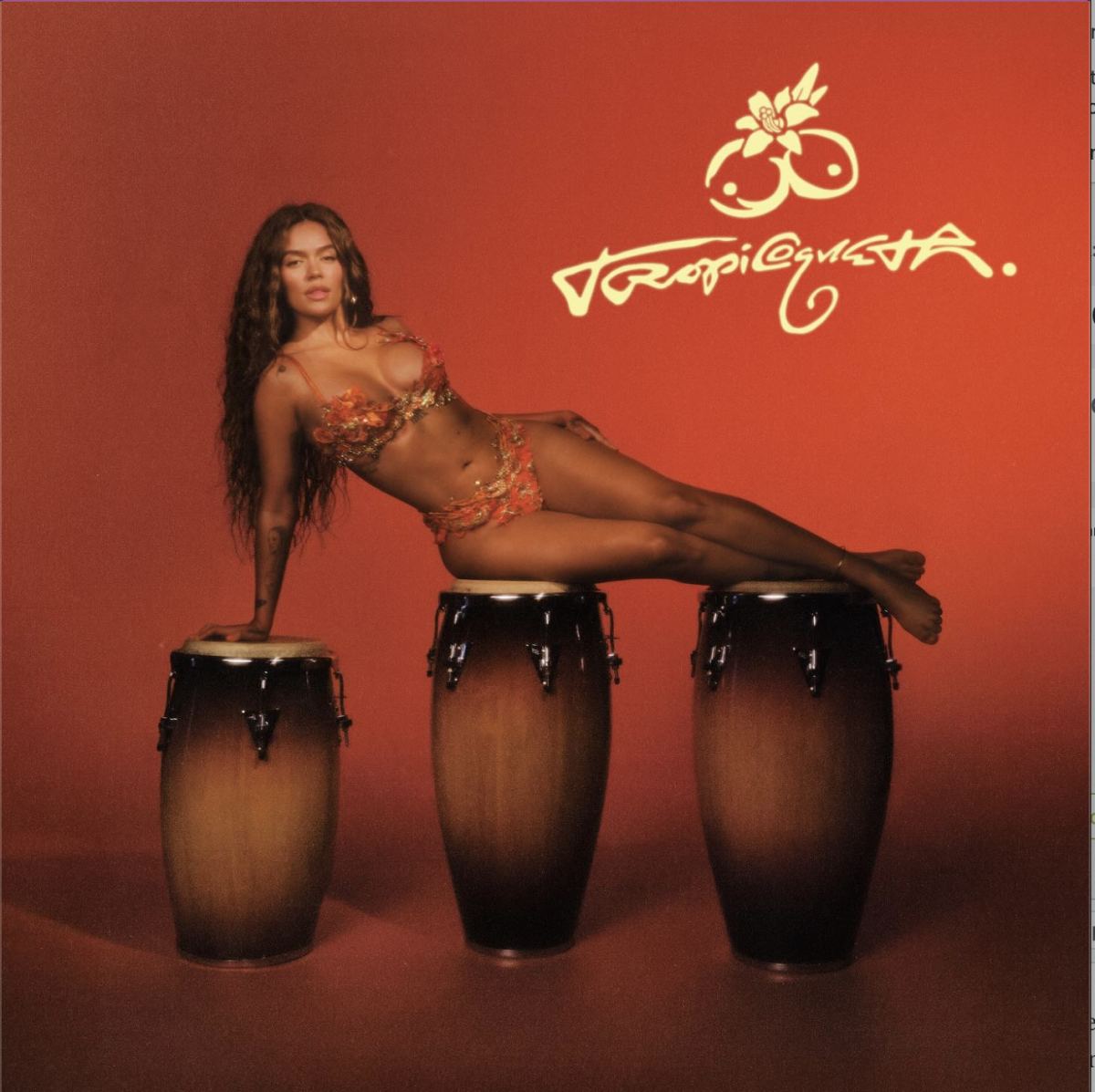Rowan’s bingo events, hosted by Rowan After Hours, are infamous.
They may be the single-handed greatest contributor to high blood pressure among the student population, as those who do not win a given round are filled with unspeakable levels of rage.
According to junior computer science major and non-bingo winner Sarah Schuck, bingo as a whole brings out the worst in the Rowan student population. One impact of bingo is that students rarely seem happy for the winner of any given round, and instead are known to hurl insults at the first person to call “bingo.”
“The only part of bingo that brings us together as a community is when they [the callers] call out O-69 and everybody gets excited for the sex number,” Schuck said. Indeed, throughout the night, the calling of O-69 was met with enthusiastic cheers – one of the few moments which united the audience in joy.
Schuck believes that bingo-related discontent can be traced to the nature of the game itself, which is rooted in pure luck and has no skill-based element.
“I think bingo brings out a lot of unchecked rage in people,” she adds, “because if it was based on skill, people would accept the fact that they lost fairly. But it’s not. It’s completely random. So people just get really mad. Bingo tricks you into thinking you’re close to winning. It’s like when you go on a computer, and you’re loading up a program and the bar goes really fast until it gets to the end, and then that last bit just goes really slow.”
Junior electrical and computer engineering major Thomas DeGroat agrees with Schuck’s assessment that luck is what makes bingo so particularly infuriating – but directs his vitriol at the tie-breaking method.
“I’ve been up on the stage, haven’t won. The dice sucks,” DeGroat said. “That’s the worst method to decide who wins, because you feel like you’ve won and then they cheat you from it. I would have wanted to win a game of mind, not chance, not random chance. That’s what bingo is for. It should be a skill-based game after a luck-based game.”
But is luck the culprit after all? DeGroat thinks that bingo is “100% rigged” with “ten boards that are different from the rest, so either everyone wins at once or nobody wins.”
Former bingo-winner English major Taryn Guettler, however, thinks that bingo could bring out the best or the worst in people, depending on who they are.
“I think I’m happy when my friends win,” she said. “[Junior mechanical engineering major] Lia [Mahoney] won at $10,000 bingo in February, and I was happy for her.”
Junior biochemistry major Emily Kopchick chooses to sit out of the bingo events, out of fear for her own safety.
“It brings out the barbarians in all of us,” Kopchick said. “It turns all of the students into animals. It ruins the fabric of our society.”
There have been no statistics yet released on whether the incidence of violent crime increases following a Rowan bingo night.
For questions/comments about this story, email [email protected] or tweet @TheWhitOnline.

























































































































































!["Working with [Dr. Lynch] is always a learning experience for me. She is a treasure,” said Thomas. - Staff Writer / Kacie Scibilia](https://thewhitonline.com/wp-content/uploads/2025/04/choir-1-1200x694.jpg)












































